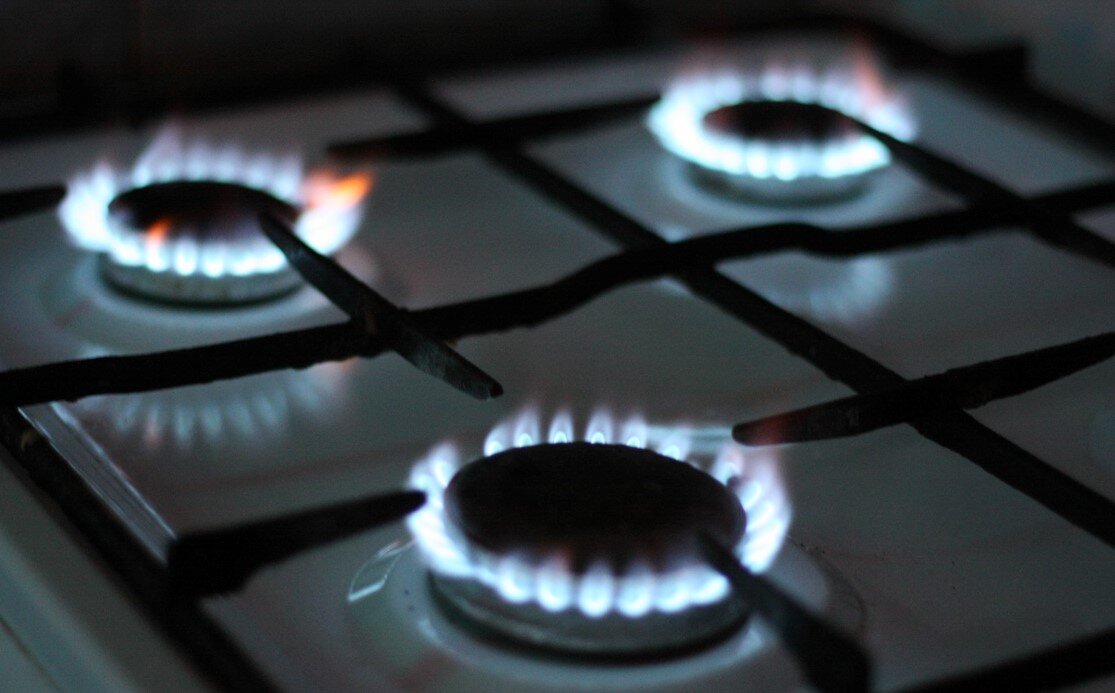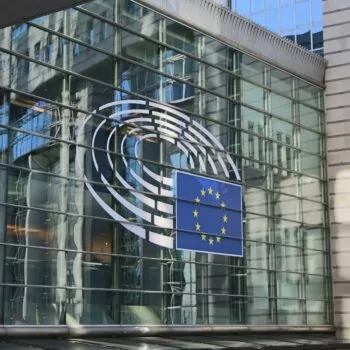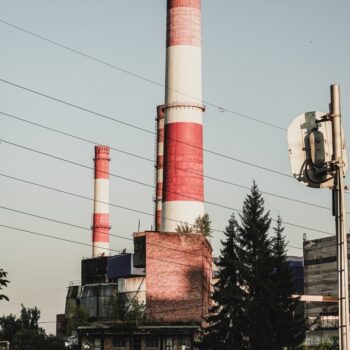Fossil gas negatively affects public health. The EU has yet to acknowledge just how much. Yet it is a critical consideration as the EU looks to diversify its energy supply amid geopolitical uncertainty and a renewed focus on the European Green Deal. This factsheet contributes to the evidence base on the health impacts of gas in our homes to further inform decision making.
A rapid review of academic and grey literature reveals a knowledge gap on two fronts. Much of the existing research focuses on the environmental – rather than health – impacts of gas. When available, the latter is largely focused on outdoor air quality.
Nonetheless, recent studies conclusively demonstrate that gas-burning home appliances are a major source of indoor air pollution. Gases released can cause health issues, such as dizziness and headaches, and worsen existing respiratory conditions.
Children are at particular risk from gas stove pollution and vulnerable households are at a greater risk of exposure, effectively mirroring the link between inequality and poorer health outcomes.
Although safeguards, such as adequate ventilation, help to a limited extent, they do not eliminate the risk. Electrifying appliances and buildings remains the cleanest and safest option.
Recommendations
The EU can act to regulate household gas emissions and improve indoor air quality by:
- Including indoor air quality standards in the forthcoming revision of the Ambient Air Quality Directive and the delivery of the Zero Pollution Action Plan.
- Introducing health safeguards against gas in the Energy Performance of Buildings Directive and the Energy Efficiency Directive.
- Developing eco-design requirements for domestic appliances.
- Attaching conditionalities on compliance with air quality standards to the Social Climate Fund.
- Through the European Environment Agency, strengthening Europe’s database on health and gas by bridging research gaps with respect to the use of gas boilers and stoves and indoor air pollution
The above steps will contribute to further reducing the EU’s dependency on fossil gas while protecting public health and ensuring a clean and safe energy transition for all.


